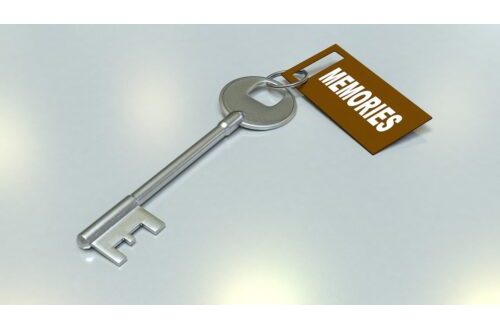How to cope with divorce regret
Divorce can provoke a whole range of emotions including regret. Those initiating a divorce may feel they acted too impulsively when there was still a chance the marriage could survive. While those whose partner has requested a divorce may regret not trying harder during the marriage to make the relationship work.
Along with feelings of sadness, grief, anxiety, guilt, and anger, feeling a sense of regret is a perfectly natural and normal response to divorce and separation. During such an emotionally challenging time, it is important to give yourself the time and space to experience these feelings, because it will be impossible to move on without doing so.
Signs of divorce regret
These can include any of the following:
- Constantly replaying both the positive and negative memories of the marriage.
- Constantly comparing your current situation to your past married life.
- Constantly questioning whether divorce was the right thing to do.
Reasons for divorce regret
The reasons someone may regret the decision to divorce are complex but some of the following can help you to unravel the issues involved:
- Struggling with the overwhelming emotions of grief, anger, and anxiety post-divorce.
- Having to live in reduced financial circumstances and dealing with a change in lifestyle.
- Dealing with the impact of the divorce on your children, family, and friends.
- Feeling left out socially when married couples are arranging dinners, holidays, and outings together.
- Missing the companionship of your former spouse.
- Being unable to sustain a subsequent relationship.
- Not committing to working harder to save the relationship.
Coping with divorce regret
To be able to move on in your post-divorce life and deal with any feelings of regret, try to identify the reasons for your regret. Once you’ve done this, you can work on the issues involved with a therapist or friend to help you resolve them. Do acknowledge all the emotions you are feeling and give yourself time to heal.
You may also wish to talk to your ex-spouse about your feelings. This may help you to appreciate that despite your initial love for each other, you were incompatible on some level. For example, while the physical attraction and intellectual compatibility may still be there, if the emotional compatibility is not there, the relationship will struggle to endure the ups and downs of married life.
Do practice self-care during this time. Ensure you get enough rest, eat well, and try to exercise if possible. Arrange to see friends and always have something to look forward to in your diary. New hobbies, interests and even a makeover in terms of your physical appearance can also help the healing process.
We are known for our compassionate approach, so if you are thinking about, or struggling with the issues surrounding divorce and separation, we offer a no obligation 60-minute initial consultation for £100 (incl. VAT) with one of our family lawyers. This will give you the opportunity to receive legal advice relevant to your personal circumstances.
To book a consultation, please call us on 01444 472700, email info@tisshawssolicitors.co.uk or complete the form below.

Book a consultation to discuss your options –
Only £100 (Incl. VAT)
We know how difficult divorce and separation can be, so we offer an initial one hour fixed fee consultation with a fully qualified lawyer, to help you make an informed decision about how to proceed.
To book, please call 01444 472700 or complete the quick contact form.
